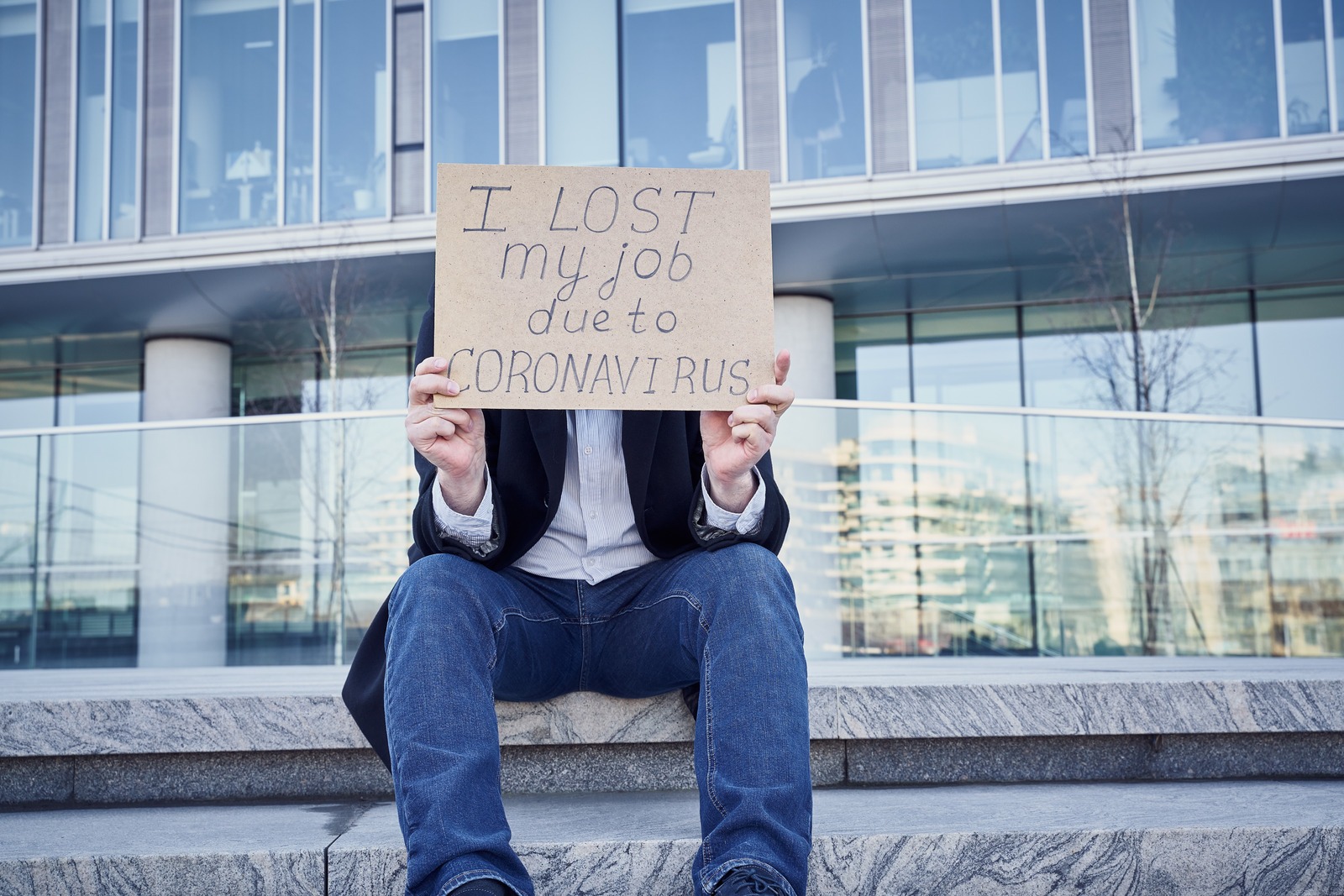If employers aren’t already facing enough challenges with workplace harassment and discrimination, they will be soon.
In the wake of COVID-19, a host of new employee discrimination allegations is on the horizon. If companies want to effectively mitigate risk for what will inevitably arrive at their front door, they need to get their houses in order now.
LITIGATION YOU CAN EXPECT TO SEE
FFCRA / LEAVE LAW LIABILITIES
The new Families First Coronavirus Response Act (FFCRA) law requires certain employers to provide employees with paid sick leave or expanded family and medical leave for specified reasons related to the disease through December 31, 2020.
Employers should expect litigation claiming they neglected to follow the regulations. At least one suit has already been filed – a former Eastern Airlines executive recently accused the company of retaliation when she was fired just days after she asked for leave to care of her 11-year-old son. This type of lawsuit won’t be the last.
BIAS SUITS DUE TO MASS LAYOFFS AND TERMINATIONS
The massive layoffs and furloughs that resulted from COVID-19 will likely lead to litigation alleging employers discriminated against employees by letting certain workers go but not others.
ADA / DISABILITY LAW
As employers transition back to physical workspaces, some employees may be cautious or reluctant to return. If employees have underlying conditions that make them susceptible to the disease and are forced to return, employers could face charges under the Americans with Disabilities Act (ADA).
The ADA protects employees with underlying conditions by allowing them to request “reasonable accommodations” from employers. An employee may request to continue working from home due to an underlying condition. If the employer refuses, the employee could have a lawsuit to pursue.
Disputes over remote working as a reasonable accommodation were common even before COVID-19. It will be difficult to prove that remote working is not a reasonable accommodation after having worked from home for several weeks and even months.
HEALTH AND WORKPLACE SAFETY
Some employees of “essential businesses” who have contracted the disease will likely claim they were subject to unsafe working conditions.
In response to the coronavirus, the Occupational Safety and Health Administration (OSHA) recommended businesses follow the Center for Disease Control (CDC) safety guidelines. The organization is now under scrutiny for not issuing emergency rules forcing employers to adopt infectious disease-specific standards for the workplace.
Claims that employers did not provide adequate safety / health / disease mitigation in the workplace may lead to claims filed under ADA / reasonable accommodation laws as well.
HOW TO MANAGE COVID-INDUCED RISK
A comprehensive and tested system for responding and investigating harassment and discrimination claims is critical to defending against them. Companies that manage the investigations of claims internally are putting themselves and their employees at greater risk.
But companies can significantly reduce their exposure to discrimination and harassment claims by choosing Work Shield. Work Shield is the only solution that protects both employees and employers by managing claims in their entirety – safe reporting, impartial investigations and resolution recommendations. Simply by having Work Shield in place, companies strengthen affirmative defense and have a more defensible position should they face litigation.
Work Shield also acts as a stop-gap between employees and EEOC / litigation. The best practice solution is considered an “corrective opportunity” by the EEOC that employees are required to pursue prior to filing an official claim with the organization.
In 2019, companies that partnered with Work Shield faced ZERO EEOC charges.
With Work Shield in place, companies have a much better chance of resolving issues internally, helping them to maintain culture and avoiding costly legal and settlement fees, bad press and more. And for companies facing claims related to the new FFCRA / Leave Laws, Work Shield also covers employees who have been terminated free of charge for 18 months.
Partnering with Work Shield now means your company is better positioned to deescalate potential problems and defend itself should the need arise.
About Travis Foster
Travis heads up Work Shield’s legal department and is known to be something of a jack of all trades – he is an experienced entrepreneur, as well as an attorney with a mechanical engineering background who designed and managed projects in both the energy and public utilities industries. Travis also contributes his wealth of capital knowledge and growth strategies for businesses to the Work Shield team.
Follow him on LinkedIn.





